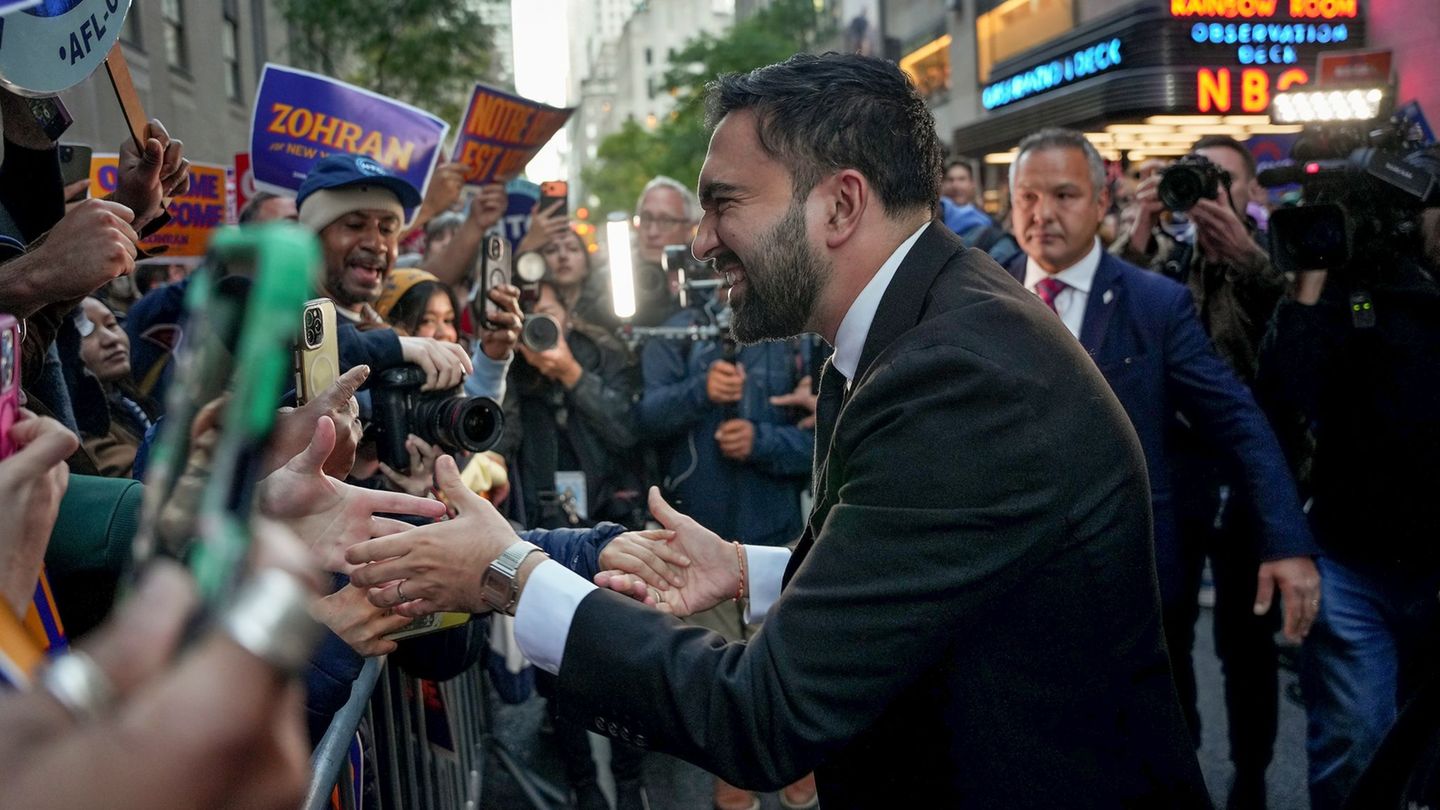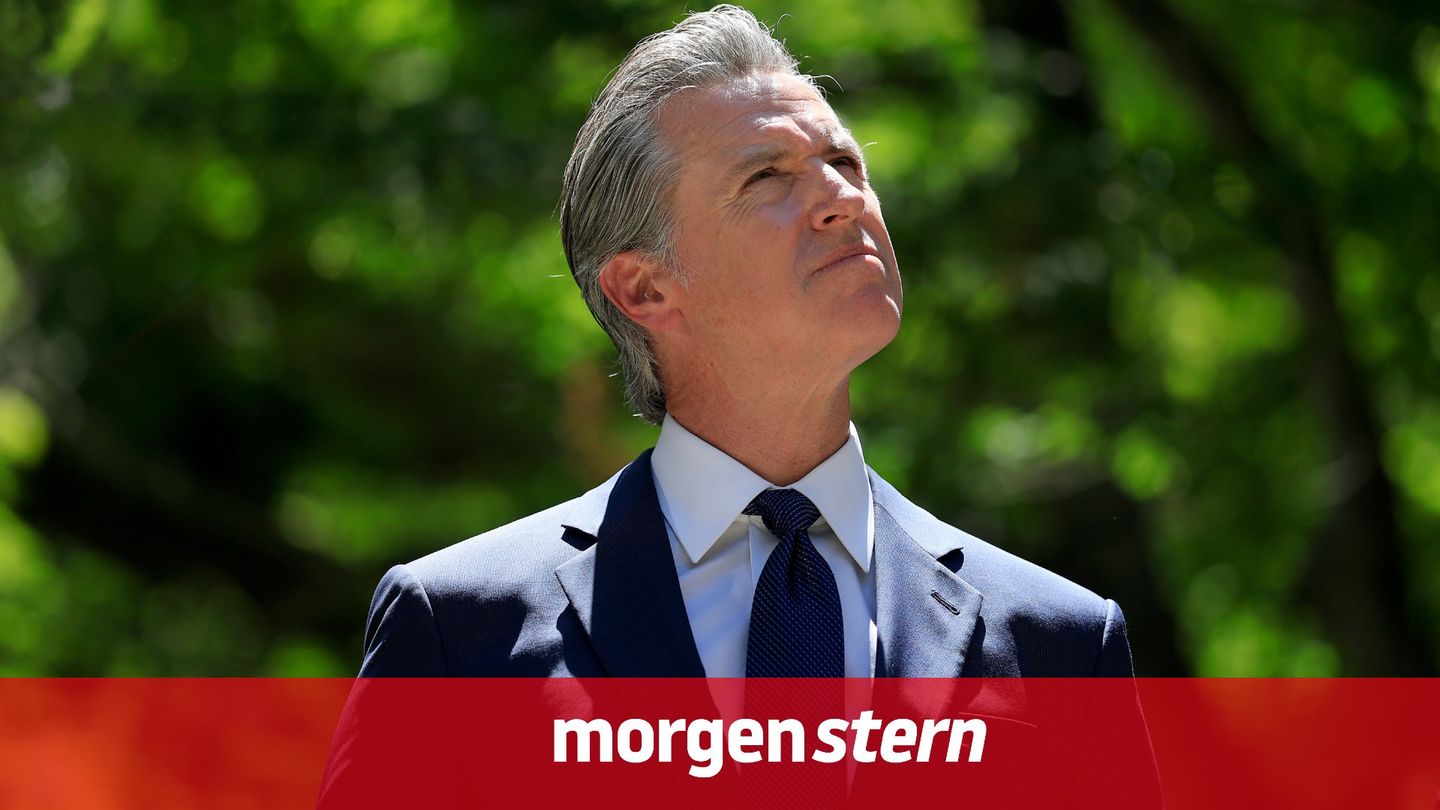Oliver Welke and Bastian Pastewka were put in front of the television as children. Now they are dedicating their own show to the medium. But they don’t want to fall into the nostalgia trap.
Two TV nerds with humor watch old television. With this concept, the comedians Bastian Pastewka and Oliver Welke are going into their first show together at the turn of the year, of which there are two parts. But they don’t want to dig up long-known classics again. “We are not a retro show,” says Bastian Pastewka of the German Press Agency. Rather, they present “completely outlandish television” and mostly excerpts that no one has seen since the original broadcast.
The two episodes “Welke & Pastewka – Seeing each other again is fun!” will run on December 29th and January 5th at 10:30 p.m. on ZDF. They will be available in the media library from December 29th. Torsten Sträter and Olaf Schubert will be there as guests.
Welke: It’s not a “smart piggy format”
The principle of “Welke & Pastewka”: The two show each other old clips that the other – hopefully – doesn’t know yet. “The fun isn’t in saying everything you know. It’s not a ‘smart-as-a-smart’ format, but rather you react together with the viewer,” says Welke. “We were massively surprised a few times and couldn’t believe that certain formats already existed at a time when we could theoretically have seen them.”
The two of them are avowed television fans and actually know a lot about one or two niche formats. “Olli and I were sat in front of the television by our respective parents,” says Pastewka. Welke says: “I actually sat down in the afternoon and – like Bastian – voluntarily watched school television because I just thought that then I wouldn’t have to do any homework during that time.” “And we both constantly talk about films, shows and series in our private lives,” says Pastewka. “Much to the chagrin of our women.”
Social changes in focus
Among the curiosities from 60 years of television, social changes are also noticeable. For example: “Women were still tolerated primarily as announcers until well into the 1970s,” says Pastewka. “If someone dared to go into sports, they were panned before the show even aired.”
A lot has also changed in the entertainment sector: “Even where it was supposed to be entertaining, it was a very serious matter,” says Welke. “That’s something that really needs to be explained to today’s television viewers: how state-supporting entertainment was.”
Seen this way, there is little that would make him say: “You have to go back there,” says Welke. “In reality, television today is much better than its reputation. Just because of the choice you have. Nobody forces you to watch crap. You could watch good television every morning, afternoon, evening if you had no other life .” It’s just harder to navigate this crowd today.
Source: Stern
I am an author and journalist who has worked in the entertainment industry for over a decade. I currently work as a news editor at a major news website, and my focus is on covering the latest trends in entertainment. I also write occasional pieces for other outlets, and have authored two books about the entertainment industry.




